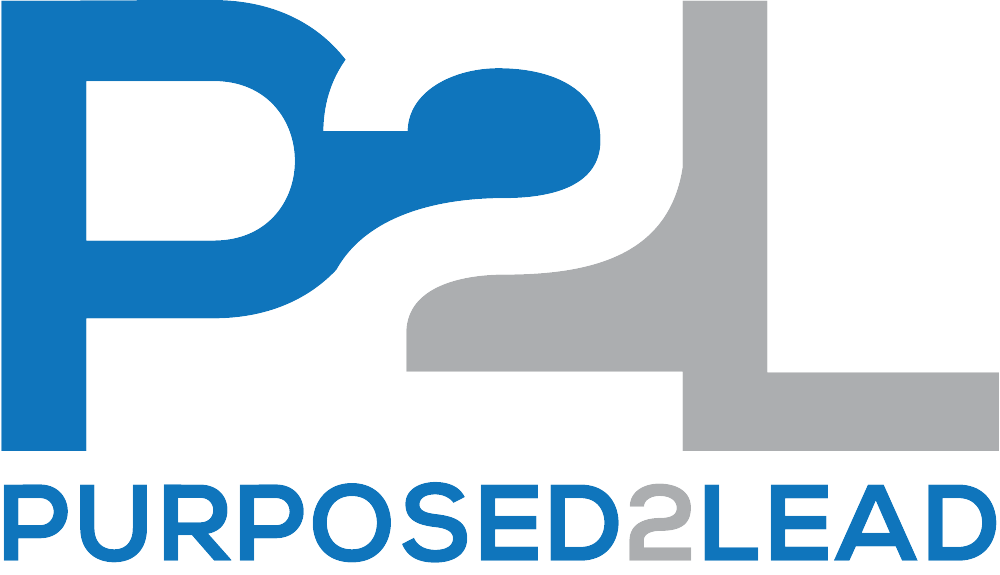You Need People and AI for Effective Data Governance Implementation
In today’s data-driven landscape, organizations are increasingly turning to artificial intelligence (AI) to streamline their data governance processes. However, while AI offers significant potential for automating and optimizing data governance, it is crucial not to overlook the importance of the role of people in the successful implementation of these policies and procedures.
Human agency, the capacity of individuals to make choices and take actions based on their own free will (Bandura, 2001), plays a vital role in ensuring that AI-driven data governance initiatives align with organizational goals and values. By fostering collaboration between the people within your organization and AI systems, organizations can create a synergistic approach to data governance that leverages the strengths of both.
One key area where people and AI can work together is in the development and refinement of data governance policies. AI algorithms can analyze vast amounts of data to identify patterns, anomalies, and potential risks, providing valuable insights for policy creation (Janssen et al., 2020). However, people and their experiences are absolutely essential in interpreting these insights and translating them into actionable policies that consider your organization’s unique context and objectives. By combining the analytical power of AI with the contextual understanding of people, organizations can create more effective and tailored data governance policies.
Furthermore, people are crucial in ensuring the ethical and responsible use of AI in data governance. While AI can automate decision-making processes, it is essential to have human oversight to prevent unintended consequences and biases (Floridi et al., 2018). Humans provide the necessary ethical guidance and accountability to ensure that AI-driven data governance adheres to organizational values and societal norms. By actively engaging your employees in the monitoring and evaluation of AI systems, organizations can foster trust and transparency in their data governance practices.
Another area where people and AI can collaborate is in the implementation and enforcement of data governance policies. AI can automate the monitoring of data access, usage, and quality, flagging potential issues and violations for human review (Mikalef et al., 2020). Employees can then investigate these alerts, provide context-specific guidance to employees, and take appropriate actions to address any breaches or non-compliance. This human-AI partnership enables organizations to maintain a high level of data governance while minimizing the burden on human resources.
Moreover, an organizations employees are essential in fostering a culture of data governance that embraces AI-driven solutions. By actively engaging employees in the development and implementation of AI-powered data governance initiatives, organizations can create a sense of ownership and buy-in (Alhassan et al., 2018). Employees who understand the value of AI in data governance and feel empowered to work alongside these systems are more likely to champion and adopt these practices in their daily work.
In conclusion, while AI offers immense potential for enhancing data governance, people remain a critical component in the successful implementation of these policies and procedures. By fostering collaboration between employees and AI systems, organizations can create a synergistic approach to data governance that harnesses the strengths of both. As AI continues to evolve, recognizing the importance of human agency and actively engaging employees in the development and implementation of AI-driven data governance initiatives will be essential for organizational success.
References:
Alhassan, I., Sammon, D., & Daly, M. (2018). Data governance activities: A comparison between scientific and practice-oriented literature. Journal of Enterprise Information Management, 31(2), 300-316.
Bandura, A. (2001). Social cognitive theory: An agentic perspective. Annual Review of Psychology, 52(1), 1-26.
Floridi, L., Cowls, J., Beltrametti, M., Chatila, R., Chazerand, P., Dignum, V., … & Schafer, B. (2018). AI4People—An ethical framework for a good AI society: Opportunities, risks, principles, and recommendations. Minds and Machines, 28(4), 689-707.
Janssen, M., Brous, P., Estevez, E., Barbosa, L. S., & Janowski, T. (2020). Data governance: Organizing data for trustworthy Artificial Intelligence. Government Information Quarterly, 37(3), 101493.
Mikalef, P., Boura, M., Lekakos, G., & Krogstie, J. (2020). The role of information governance in big data analytics driven innovation. Information & Management, 57(7), 103361.





